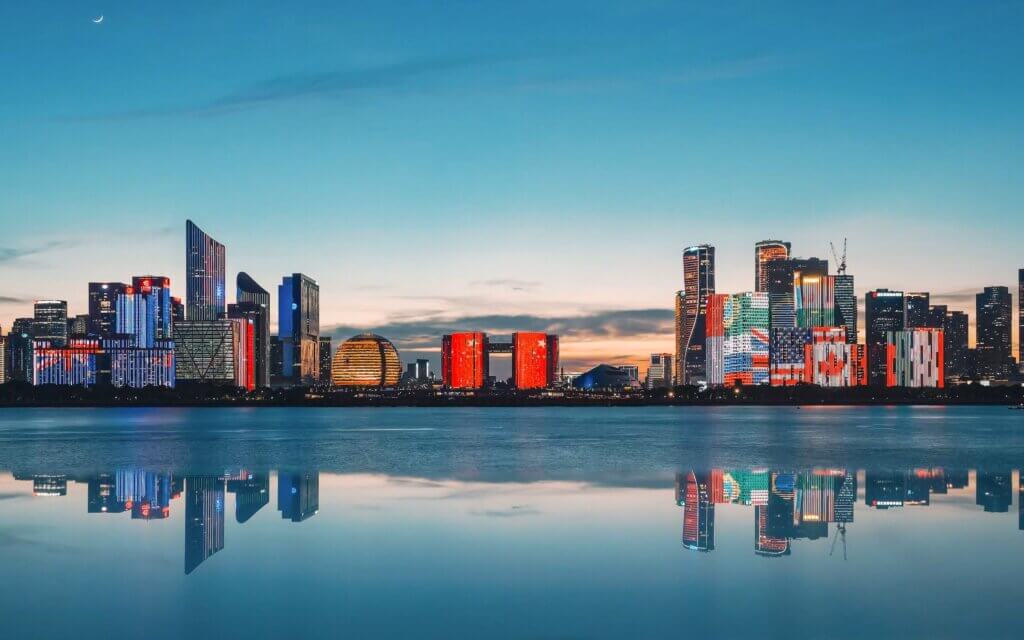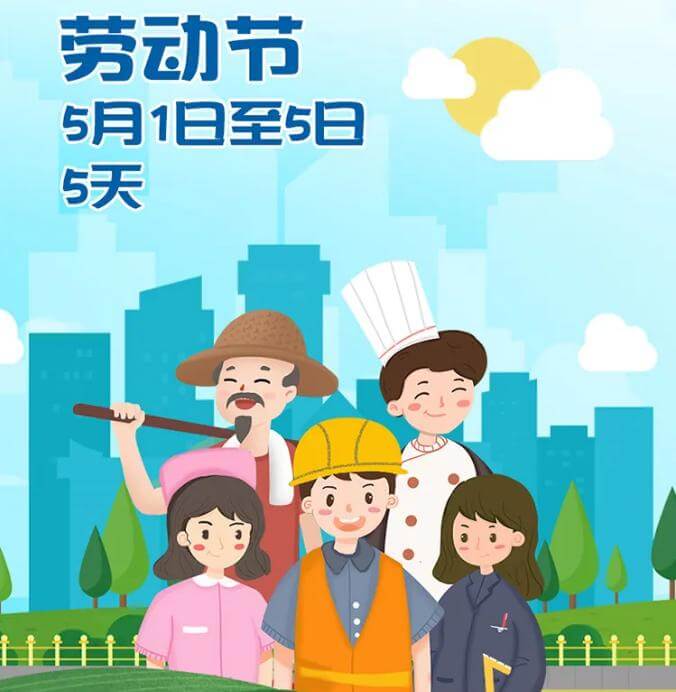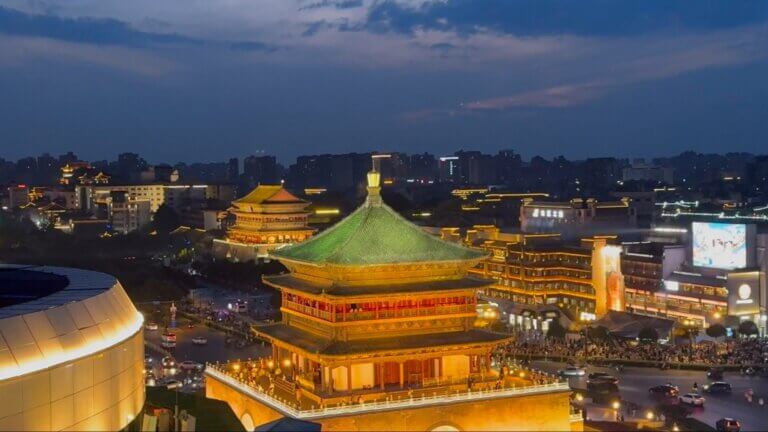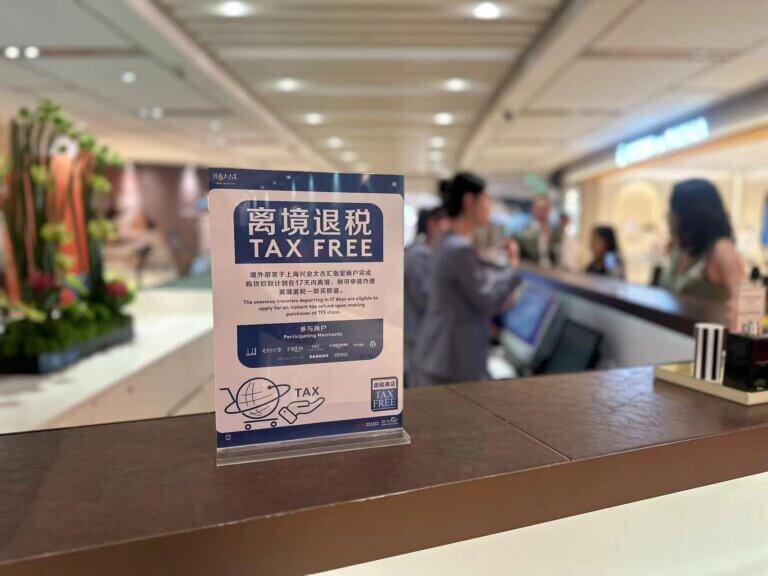
Hangzhou, China’s “Paradise on Earth,” often feels like a love letter penned by poets—its misty West Lake, emerald tea plantations, and ancient temples have enchanted travelers for centuries. But behind the postcard-perfect scenes lies a delicate dance between preserving serenity and navigating modern tourism. As someone who’s sipped dragon well tea with elderly locals and stumbled upon lotus-filled ponds at dawn, I’ll share how to experience Hangzhou’s magic without the crowds, overspending, or cultural missteps.
1. Avoiding Crowds: Timing and Secret Spots
The West Lake Paradox
Yes, West Lake is iconic—but its beauty peaks when 90% of tourists are still asleep. Arrive at Dawn at Su Causeway (6:00–7:30 AM) to watch fishermen glide across glassy waters, or rent a rowboat ($15/hour) near Hua Gang Park instead of the crowded main piers.
Swap Lingyin Temple for Jingci Temple
While Lingyin Temple’s 1,700-year-old Buddha draws swarms, Jingci Temple (free entry, 6:30–17:30) offers tranquility with its Zen gardens and hourly Buddhist chants. Pro tip: Visit during lunch hours (11:30–13:00) when tour groups disperse.
Tea Plantation Escape: Meijiawu Over Longjing Village
Longjing’s tea fields are Instagram-famous, but Meijiawu (30-minute drive from downtown) lets you pluck tea leaves (5experiencefee)withfarmerssanstheselfiesticks.Stayfora10 home-cooked meal of beggar’s chicken steamed in lotus leaves.
2. Budget Hacks: Splurge Smart, Save Smarter
**Transportation: The 1Secret∗∗Hangzhou′spublicbikes(rentvia∗Hellobike∗app,0.30/hour) are ideal for lakeside rides. Avoid taxi scams: Use DiDi for airport transfers ($25 fixed rate to downtown) instead of unmetered cabs.
Accommodation: Stay in a Tea Village
Skip the 150/nightlakesidehotels.∗∗HomestaysinManjuelongVillage∗∗(40–60/night) offer Ming-style courtyards and free tea tastings. Bonus: Wake up to mist rolling over tea terraces.
Dine Like a Local
- Breakfast: Grab xiao long bao (soup dumplings) at Zhi Wei Guan ($2 for 6 pieces).
- Splurge: Book a private lakeside dinner at Lou Wai Lou ($50/person) for Dongpo pork caramelized in Shaoxing wine.
3. Cultural Etiquette: Respecting Traditions
Temple Taboos
- No pointing at Buddha statues: Use an open palm to gesture.
- Dress modestly: Avoid sleeveless tops/shorts; some temples loan shawls ($2 deposit).
Tea Ceremony Nuances
When offered tea, tap three fingers on the table to thank the host—a Qing Dynasty custom symbolizing kneeling. At tea farms, never say “I don’t like green tea”; instead, ask, “How does this batch differ from spring harvest?”
Gift-Giving
Avoid clocks (symbolize death) or pears (sound like “separation”). Opt for silk scarves (10–20atHangzhouSilkMarket)or∗∗hand−paintedfans∗∗(8–15).
Conclusion: Hangzhou’s Whispered Invitation
Hangzhou isn’t just a destination—it’s a rhythm. It’s the elderly tai chi practitioner by the lake at sunrise, the rustle of bamboo in Fei Lai Feng’s hidden valleys, and the way tea leaves unfurl like tiny green ballerinas in your cup. By sidestepping crowds, spending wisely, and honoring traditions, you’ll unlock a Hangzhou that feels less like a tourist checklist and more like a cherished secret.
Now, pack your curiosity (and comfy walking shoes)—the mist-kissed alleys and lotus-scented breezes await.



